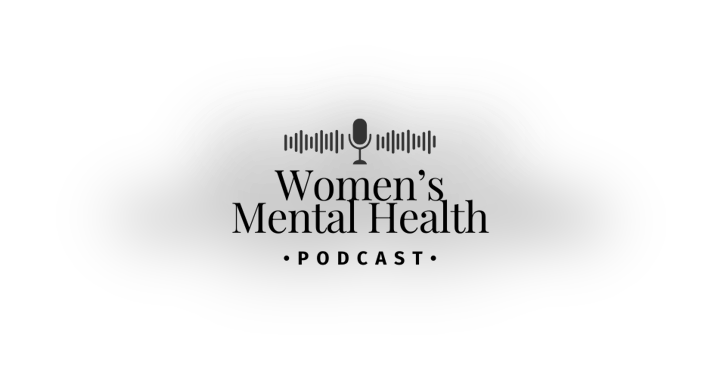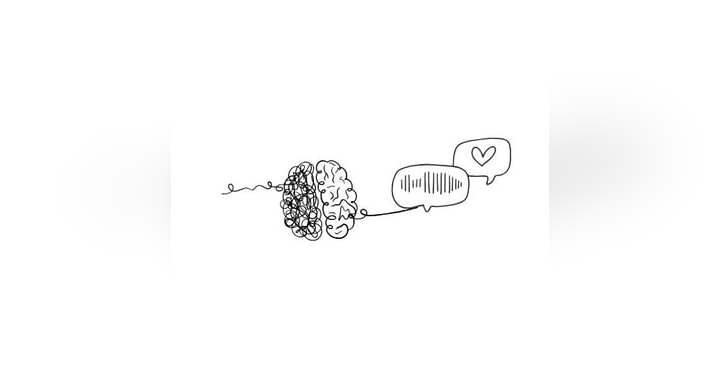Celebrity Boycott
The Viral Celebrity Boycott in 2024
As women dedicated to maintaining our mental well-being and advocating for values we believe in, understanding the impact of 'celebrity blockouts' or a celebrity boycott becomes crucial. Today, let’s explore what it means to choose where we place our attention and how this can either empower or drain us.
In a world where the glitter of celebrity life often eclipses the everyday struggles we face, making informed decisions about who we support and why can feel like navigating a labyrinth. Every feed scroll can evoke feelings of admiration or disillusionment, enlarging our exposure to the world of those in the public eye.
Understanding Celebrity Blockout
Celebrity blockout isn't just about tuning out stars for the sake of peace; it's about actively choosing where we direct our energy and attention. This choice can be a profound form of self-care.
- The Why Behind Blocking Out: It often stems from a desire to disconnect from narratives or behaviors that conflict with personal values or mental health needs. This might include disengaging from celebrities who promote unrealistic beauty standards, endorse harmful products, or engage in behavior that we find morally or ethically questionable.
Celebrity Boycott on TikTok: A New Arena of Influence
Platforms like TikTok have transformed the landscape of celebrity culture, making it more immediate and sometimes more invasive. Here, boycotts can spread like wildfire, becoming a powerful tool for collective influence.
- The Power of Community: TikTok has enabled users to mobilize quickly, creating campaigns that can dramatically sway public opinion and even impact celebrity actions and endorsements.
Creating Your Celebrity Block List: A Step-by-Step Guide
Creating a celebrity block list isn’t about censorship; it’s about curating a mental space that aligns with your values and mental health needs. Here's how you can start:
- Identify Your Triggers: What aspects of celebrity culture impact your mental well-being? Is it certain topics, behaviors, or specific individuals?
- Set Boundaries: Decide what you will and won't allow into your space. This might mean unfollowing, muting, or blocking certain social media accounts.
- Seek Alternatives: Replace the blocked content with resources that uplift and support your wellness journey.
A Story of Empowerment
Imagine a young woman named Emily, who realized how the constant barrage of 'perfect' celebrity images was chipping away at her self-esteem. By choosing to block out certain famous figures and focusing on content that celebrated authenticity and self-love, she reclaimed her image of herself.
Expert Opinions: Solidifying Your Decision
Dr. Jane Thompson, a psychologist specializing in media influence, suggests that "Creating a personal block list can significantly reduce anxiety and improve your overall mental health by minimizing exposure to harmful standards and toxic behavior."
Conclusion:
Navigating the intricate web of celebrity influence is no small feat, but it is within your power to shape and even redefine this landscape. By understanding the dynamics of celebrity blockout, boycotting harmful practices on platforms like TikTok, and curating a personal celebrity block list, you empower yourself to foster an environment that nurtures your mental and emotional well-being.
You are more than a passive viewer; you are a vital participant in the cultural dialogue, capable of inspiring change, starting with your choices. Remember, every click, every follow, and every block is a statement of your values and a step toward the world you envision. Let’s embrace this power together, forging paths that align with who we are and the legacy we want to build.
Reflect on your current media consumption and take the first step towards curating a space that truly reflects and respects your mental health. Share your journey and inspire a friend to do the same, because every step toward mental wellness is a step towards a healthier society. Together, let's turn the tide of celebrity influence to empower our community.
FAQ: Celebrity Boycotts
1. What is a celebrity boycott?
A celebrity boycott involves consumers choosing not to support a celebrity by avoiding their work, products, or any affiliated brands. This is often in response to the celebrity's actions, statements, or public stances that are viewed as objectionable or offensive.
2. Why do people boycott celebrities?
Individuals may boycott celebrities to express dissent against behaviors or opinions that conflict with ethical, social, or political values. It is seen as a way to demand accountability and encourage more responsible behavior from public figures.
3. How effective are celebrity boycotts?
The effectiveness can vary. High-profile boycotts can lead to a decrease in the celebrity's work opportunities, endorsements, and overall public image. In some cases, it can prompt apologies or changes in behavior, while in others, it may not have a significant impact.
4. Can a celebrity boycott impact a brand associated with them?
Yes, brands associated with a boycotted celebrity can experience negative impacts such as reduced sales, a tarnished brand image, and public backlash. Brands often assess their affiliations carefully to avoid potential fallout.
5. What are some famous examples of celebrity boycotts?
Historical examples include the boycotts of celebrities like Kanye West due to controversial statements or Chick-fil-A before its CEO's remarks on same-sex marriage, leading some to avoid the brand.
6. How do I participate in a celebrity boycott?
Participation can involve abstaining from purchasing products or services associated with the celebrity, not watching their films or shows, and spreading awareness about the reasons for the boycott through social media and other platforms.
7. Are celebrity boycotts legal?
Yes, boycotting is a legal form of protest in many countries, protected under free speech rights. However, it must not involve unlawful activities such as threats or violence.
8. What are the criticisms of celebrity boycotts?
Critics argue that boycotts can be misinformed or excessively punitive, sometimes based on misinformation. They also suggest that boycotts can stifle free speech and lead to a polarized society where reconciliation and understanding are difficult.
9. How do celebrities typically respond to boycotts?
Responses vary. Some celebrities issue public apologies, engage in dialogue with affected communities, or change their behavior. Others may dismiss the boycotts or criticize them publicly.
10. Can celebrity boycotts lead to positive change?
Yes, when successful, these boycotts can lead to positive social change by holding public figures accountable. They can encourage celebrities and associated brands to act more responsibly and align their practices with the values of their audience.












